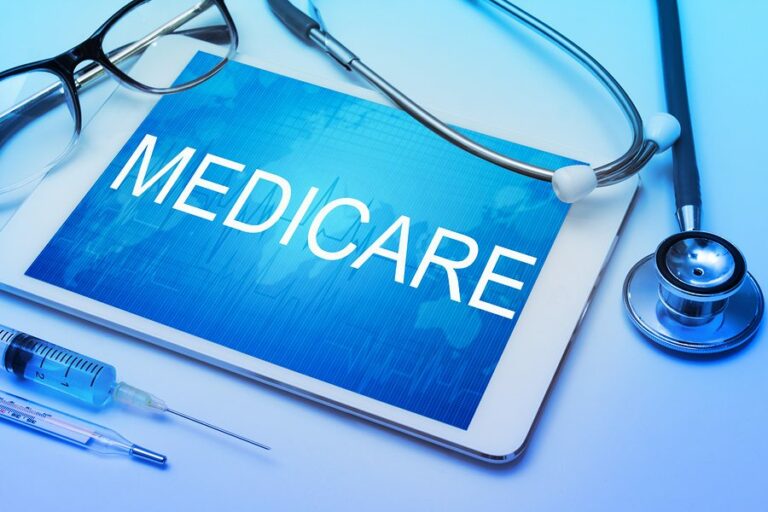Home Care in Greenville SC
Medicare fraud costs the federal government millions of dollars a year. Whether you serve as a family caregiver for your loved one, or they have some form of elder care, they could be a victim of 
- Healthcare providers billing for services never provider or double-billing
- A medical supplier billing for equipment never received.
- Someone else using your loved one’s Medicare number or card to get medical care, supplies or equipment.
- A company making false statements to mislead your loved one into joining a Medicare plan.
The Affordable Care Act, the health care law better known as Obamacare, has taken powerful steps toward combating health care fraud, waste, and abuse. In the last three years alone, the U.S. government has recovered a record-breaking $10.7 billion in health care fraud, some of which has been Medicare fraud. But you and your loved one are the first line of defense against Medicare fraud. Here’s what you both can do:
- Protect their Medicare card and Social Security cards by treating them the same as a credit or debit card. Don’t give the cards or numbers to anyone other than medical care providers.
- Ask medical providers about the charges being made to Medicare. Keep close track of and record all visits to a provider, including what any diagnoses are and what tests were done. If hospitalized, record the dates of admission and discharge. Save receipts and compare everything with your bill when you receive it. If a bill is not received, ask that one be sent. To view your claims, login to MyMedicare.gov, or call 1-800-MEDICARE.
- When leaving the pharmacy, verify the correct medication has been received as well as the precise number of pills. If the prescription or number of pills isn’t accurate, report it to the pharmacy before leaving.
- Know everything you can about Medicare, including what a provider can and cannot bill to Medicare. Be concerned if a provider says a service or item you need isn’t covered by Medicare but they know how to bill Medicare to ensure that it is. Make sure you’re aware of your costs being billed to Medicare. Don’t contact your doctor to request a service that you don’t need. Likewise, don’t let anyone persuade you to see a doctor for care or services you don’t need.
- Don’t accept offers of free medical care, or purchase supplies from door-to-door salesmen.
- Report any suspected fraud to your local Medicare office. Call 1-800-MEDICARE. Report it online to the Office of the Inspector (https://forms.oig.hhs.gov/hotlineoperations/report-fraud-form.aspx) or call the Office of the Inspector General at 1-800-HHS TIPS (1 800 447 8477).
If you or an aging loved one are considering hiring home care in Greenville, SC, contact Heart of the Carolinas Home Care at 864-991-3116. Providing Home Care Services in Greenville, Simpsonville, Greer, Anderson, Spartanburg, Mauldin, Seneca, Laurens, Charleston, Columbia and the surrounding areas.
Resource: www.medicare.gov
Founder at Heart of the Carolinas
Edward Harrison founded the Heart of the Carolinas Homecare in 2007 when he saw there was a need for caregivers that provide non-medical home care services, at a price that most people could afford. It was standard in the industry to require hourly minimums and it was common to be assigned a caregiver, not matched with one based on your individual personal needs. Edward understood that to make a successful relationship between caregiver and client, skills were not enough, personality and compatibility plays as much a role as do skills.
Latest posts by Edward Harrison (see all)
- Home Care Assistance Helps Seniors After A Fall - April 9, 2025
- How Home Care Supports Seniors Who Are Hard of Hearing - March 28, 2025
- Why Seniors Should Consider Companion Care At Home - March 10, 2025

